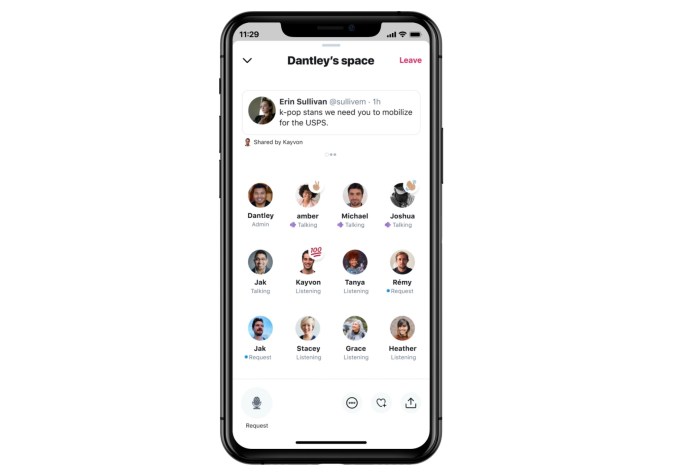On-orbit servicing startup Orbit Fab, which bills itself as the company focused on creating ‘gas stations in space,’ has added an additional investor to its seed funding round. The add-on investment comes from Munich Re Ventures (the corporate VC arm of Munich Re Group, one of the largest insurance companies in the world). Munich Re is a key provider of insurance for satellite operators in particular, offering policies that cover pre-launch, launch, and on-orbit operations.
Orbit Fab, which was a finalist in our TechCrunch Disrupt Battlefield in 2019, has designed a system that consists of what are essentially in-space tugs that can guide spacecraft on-orbit to refuelling depots, to which they connect with the company’s custom fueling interface. It’s designed to be relatively easy to incorporate into new satellite designs, providing a way to easily refuel in space without requiring any special robotic systems for capture and docking.
The goal of the startup is to help create a more sustainable orbital commercial operating environment, extending the life of spacecraft, reducing debris and saving companies money. Bringing on Munich Re Ventures should provide it with significant advantages in terms of being able to build more sustainable, long-lived operational spacecraft into launch and operation risk models for satellite operators.
“When we look at standing up a propellant supply chain, so much of it is the financial model,” Orbit Fab co-founder and CEO Daniel Faber told me in an interview. How do we use this to move our customers’ risk, to make sure that we’re moving capital expenditure to operational expenditure, and yet not introducing additional risk? [Munich Re] is all over it in terms of financial products and insurance and risk assessment, so that’s a great partnership.”
Faber went on to explain that Munich Re Ventures Timur Davis began to show up at more and more space conferences, and Faber began to chat with him at these events. It turned out that the venture firm was putting together an investment this around in-space servicing and infrastructure, and Orbit Fab eventually became the first investment on the back of that new thesis.
The new investment brings Orbit Fab’s total seed raise to $6 million, including between $2 to $3 million in government funding on top of VC funds. The company has also now conceived and researched a “Self-Driving Satellite” kit for docking that it has received National Science Foundation funding to do preliminary requirements development, and it’s now at the point where it can begin designing and building that out. 2021 looks to be a big year for many new companies in the space industry, and Orbit Fab with its new approach to sustainable, scalable satellites operations is definitely among them.


